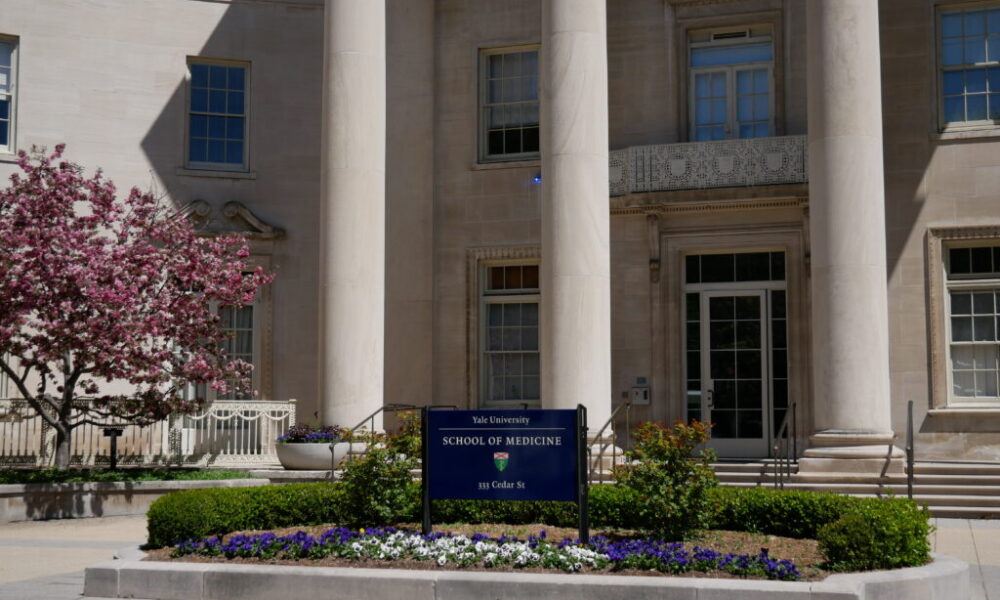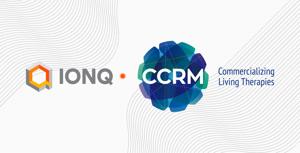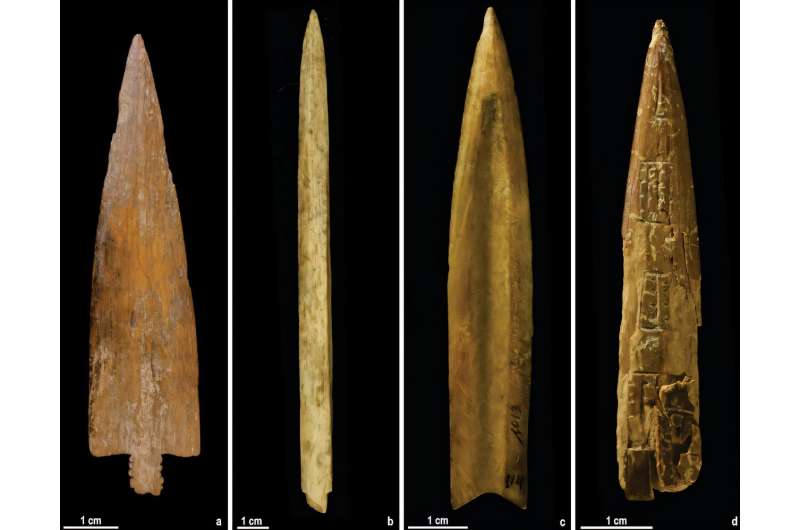A new research center at the Yale School of Medicine is poised to examine strategies for promoting healthy aging among individuals living with HIV. Known as the Aging Well with HIV Through Alcohol Research and Risk Reduction and Education (AWAR3E) Center, its establishment is backed by a five-year grant from the National Institute on Alcohol Abuse and Alcoholism.
Led by Amy Justice, a professor of internal medicine and public health, alongside Julie Womack, an associate professor of nursing, and Vincent Lo Re, a professor at Rutgers University, the center aims to address the unique challenges faced by an aging population living with HIV. “There are more people aging with HIV now than ever before, thankfully, because we have therapy to suppress the virus and to extend people’s life expectancy,” Justice noted. Despite these advancements, these individuals face heightened risks for various medical conditions associated with aging, including cancer and cardiovascular diseases.
The research will delve into why individuals living with HIV experience increased vulnerabilities to age-related health issues. Justice emphasized the pronounced immune dysfunction associated with HIV, which exacerbates health complications in this population. The center will explore factors such as alcohol use, co-infections, and socioeconomic disadvantages that may accelerate the aging process.
Building on the groundwork established by the Veterans Aging Cohort Study (VACS), the AWAR3E Center aims to leverage over two decades of longitudinal data. This data set includes information from approximately 13.5 million individuals, allowing researchers to examine the interplay between alcohol use, aging, and HIV status.
The team has cultivated a network of experts across various fields to support this initiative. Womack has specialized in preventing falls and fractures among older patients with HIV, while the team includes specialists in liver, neurologic, heart diseases, and cancer. Justice pointed out the advantage of having a generalist perspective, which enables her to synthesize insights from various experts.
The process of securing funding for the center posed its own challenges. Womack described the collaborative effort required to draft the grant proposal, which began in January 2024. The team engaged in regular meetings to ensure consistency and alignment in their objectives, ultimately culminating in a successful application.
Womack expressed enthusiasm about the interdisciplinary collaboration fostered throughout the grant development process. “We’re bringing in providers and people from different HIV-related agencies, as well as those who represent the HIV community,” she said. This collaborative approach aims to enhance the center’s impact by incorporating diverse perspectives on the issues at hand.
A key focus of the research will be to investigate how stressors, including alcohol consumption and socioeconomic challenges, may contribute to premature aging through mechanisms such as inflammation. Justice highlighted that chronic inflammation has been linked to adverse aging outcomes, regardless of HIV status. Factors like obesity, poor diet, lack of exercise, and stress will be examined to understand their roles in driving inflammation.
Among the center’s various projects, one initiative will investigate biological markers of stress and inflammation in individuals living with HIV. Even those successfully managing their HIV may harbor viral reservoirs that could exacerbate stress and inflammatory responses. Another project will explore the connection between health complications, such as falls and dementia, and socioeconomic disadvantage.
Lo Re emphasized the dual mission of the AWAR3E Center: to advance scientific research and foster mentorship for emerging researchers in the field. “Aside from the terrific science that we will advance with our new center, one of the big benefits is that it will nurture significant research in alcohol-HIV/AIDS research,” he stated.
Moreover, the center is committed to disseminating its findings widely. Womack highlighted the establishment of a core group dedicated to evaluating and sharing insights from the research. “We want to ensure that our findings reach patients, clinicians, and organizations,” she explained.
As of 2022, approximately 1.2 million individuals in the United States are living with HIV, according to the Centers for Disease Control and Prevention. The AWAR3E Center represents a significant step forward in understanding and improving the quality of life for this population as they age.







